目录
- 1、使用empty方法创建数组
- 2、使用array创建数组
- 3、使用zeros/ones创建数组
- 4、使用arange创建数组
- 5、使用linspace创建数组
- 6、使用numpy.random.rand创建数组
- 7、使用numpy.random.randn创建数组
- 8、使用numpwww.cppcns.comy.random.randint创建数组
- 9、使用fromfunction创建数组
1、使用empty方法创建数组
该方式可以创建一个空数组,dtype可以指定随机数的类型,否则随机采用一种类型生成随机数。
import numpy as np dt = np.numpLxMVQdmAfdy([2, 2], dtype=int)

2、使用array创建数组
使用array方法可以基于python列表创建数组,在不设置dtype的情况下,从列表中自动推断数据类型。
import numpy as np
dt = np.array([1, 2, 3, 4, 5])
print('数组:', dt)
print('数据类型:', dt.dtype)
dt = np.array([1, 2, 3, 4, 5], dtype='f8') # 64位浮点数
print('数组:', dt)
print('数据类型:', dt.dtype)

3、使用zeros/ones创建数组
调用zeros/ones方法会创建一个全为‘0’/‘1&rsquLxMVQdmAfdo;值的数组,通常在数组元素位置,大小一致的情况下来生成临时数组。‘0&r编程客栈squo;/‘1’充当占位符。
import numpy as np
dt = np.zeros([3, 5], dtype=int)
print('数组:', dt)
print('数据类型:', dt.dtype)
dt = np.ones([5, 3], dtype=float)
print('数组:', dt)
print('数据类型:', dt.dtype)

4、使用arange创建数组
使用arange方法可以基于一个数据范围来创建数组。
import numpy as np
dt = np.arange(10, 30, 5)
print('数组:', dt)
print('数据类型:', dt.dtype)

5、使用linspace创建数组
linspace是基于一个范围来构造数组,参数num是开始值和结束值之间需要创建多少个数值。
retstep会改变计算的输出,返回一个元组,而元组的两个元素分别是需要生成的数组和数组的步差值。
import numpy as np
dt = np.linspace(20, 30, num=5)
print('数组:', dt)
print('数据类型:', dt.dtype)
dt = np.linspace(20, 30, num=5, endpoint=False)
print('数组:', dt)
print('数据类型:', dt.dtype)
dt = np.linspace(20, 30, num=5, retstep=True)
print('元组:', dt)

6、使用numpy.random.rand创建数组
很多情况下手动创建的数组往往不能满足业务需求,因此需要创建随机数组。
import numpy as np
dt = np.random.rand(10)
print('数组:', dt)
print('数据类型:', dt.dtype)

7、使用numpy.random.randn创建数组
numpy.random.randn方法也是产生随机数组的一种方式,并且它能产生符合正态分布的随机数。
import numpy as np
dt = np.random.randn(3, 5)
print('数组:', dt)
print('数据类型:', dt.dtype)

8、使用numpy.random.randint创建数组
在10和30之间产生随机数,并从中取5个数值来构建数组。
import numpy as np
dt = np.random.randint(10, 30, 5)
print('数组:', dt)
print('数据类型:', dt.dtype)

9、使用fromfunction创建数组
fromfunction方法可以通过一个函数规则来创建数组。该方法中shape参数制定了创建数组的规则,shape=(4,5),最终创建的结果就是4编程客栈行5列的二维数组。
import numpy as np
dt = np.fromfunction(lambda i, j:i + j, (4, 5), dtype=int)
print('数组:', dt)
print('数据类型:', dt.dtype)

到此这篇关于Numpy中创建数组的9种方式小结的文章就介绍到这了,更多相关Numpy 创建数组内容请搜索我们以前的文章或继续浏览下面的相关文章希望大家以后多多支持我们!

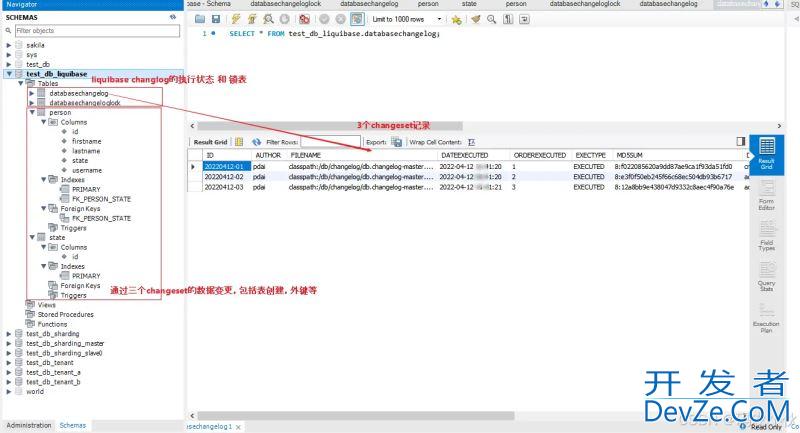

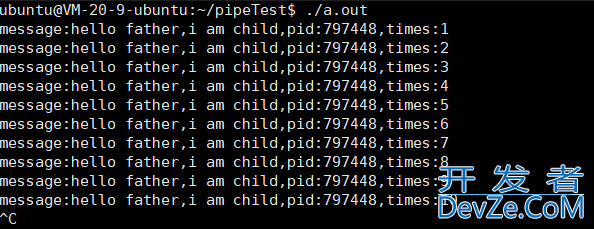
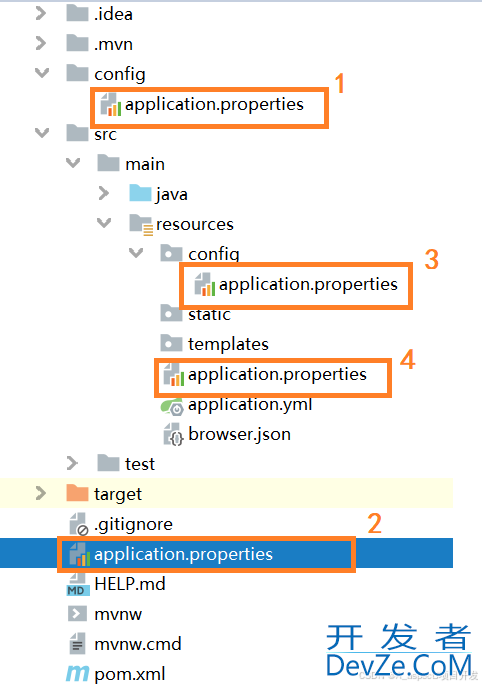
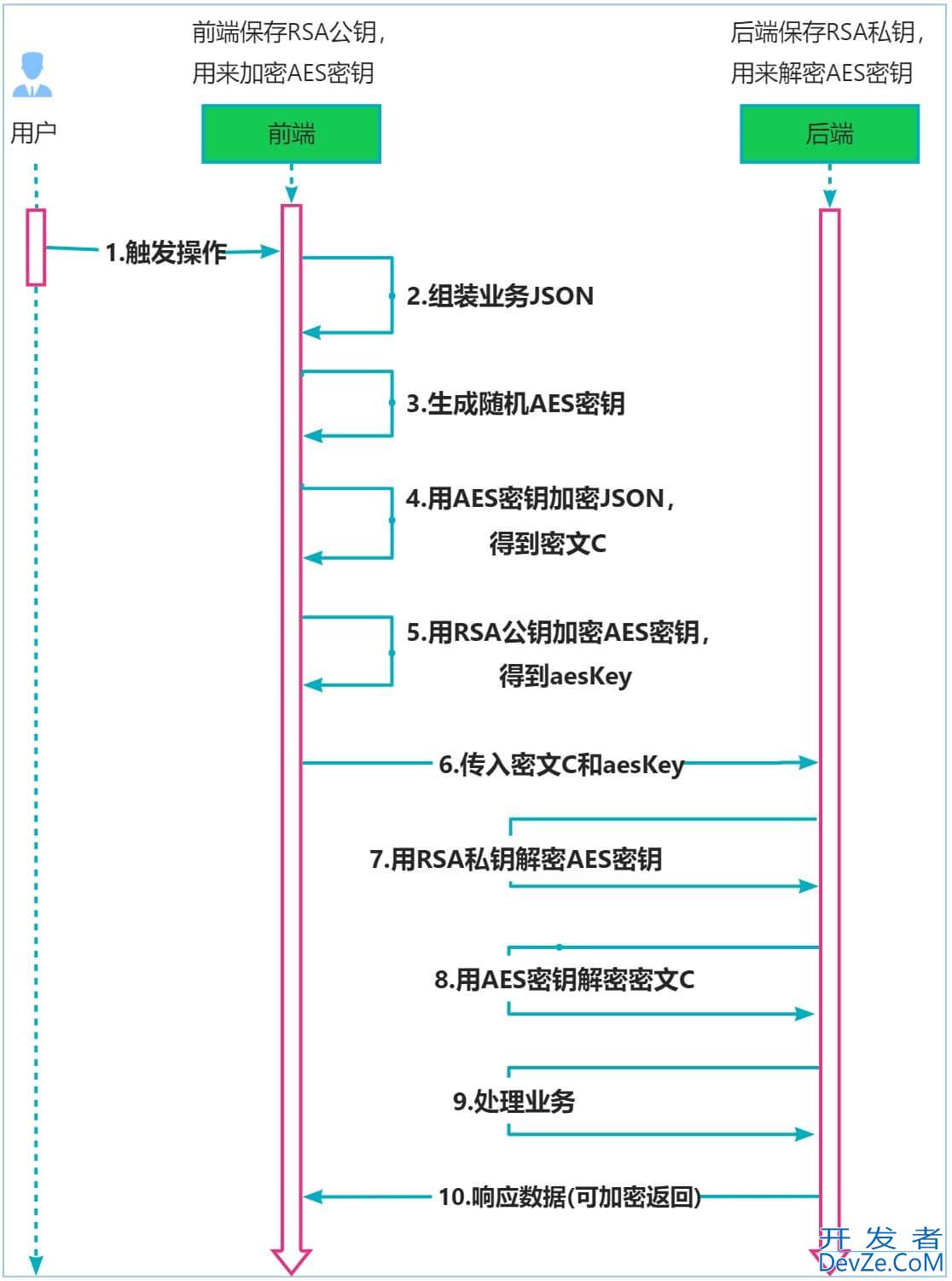
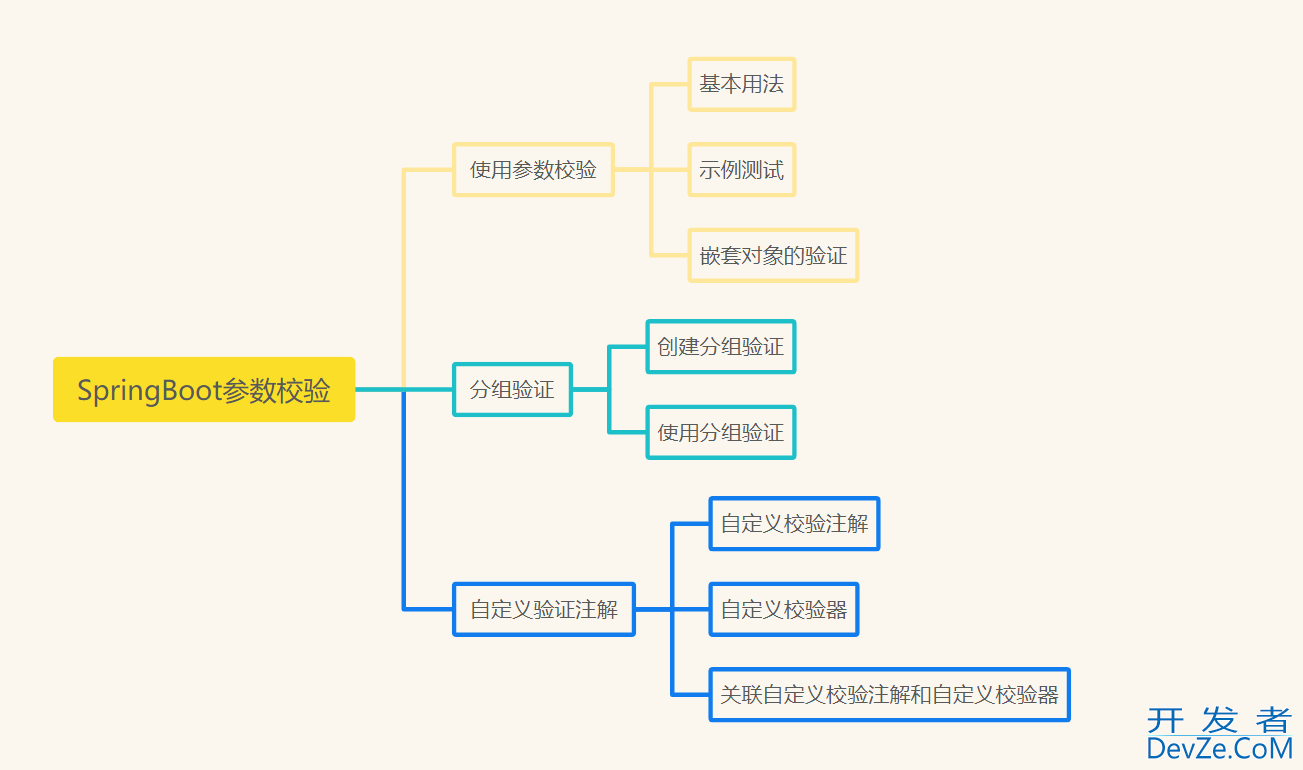

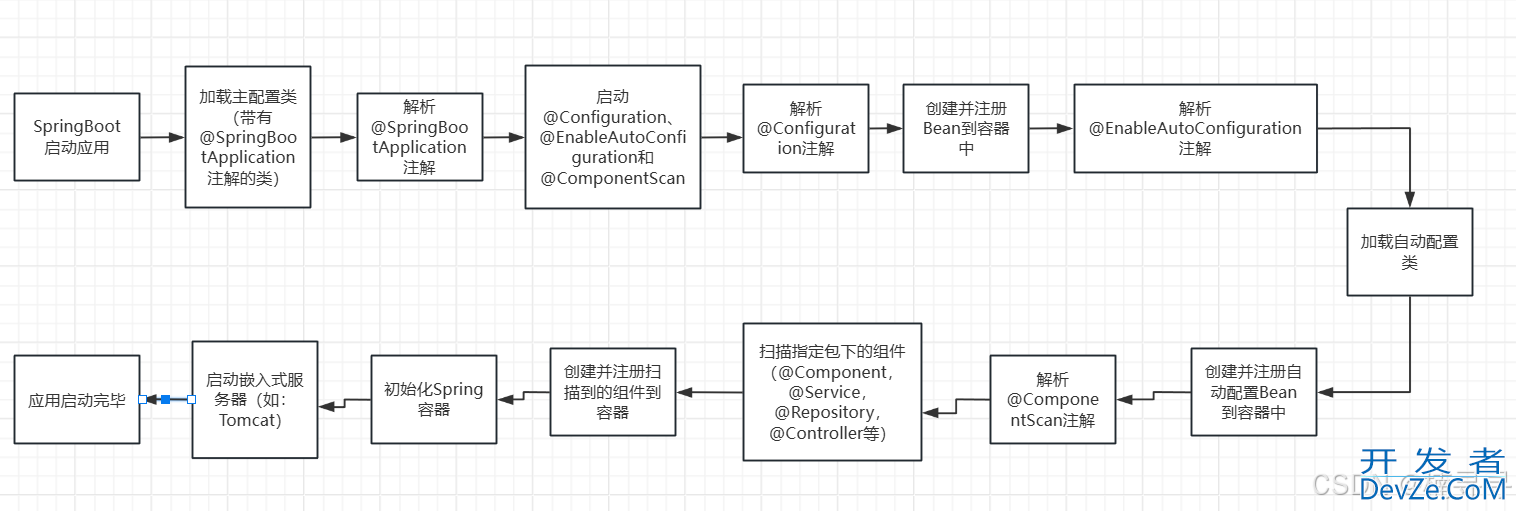
 加载中,请稍侯......
加载中,请稍侯......
精彩评论